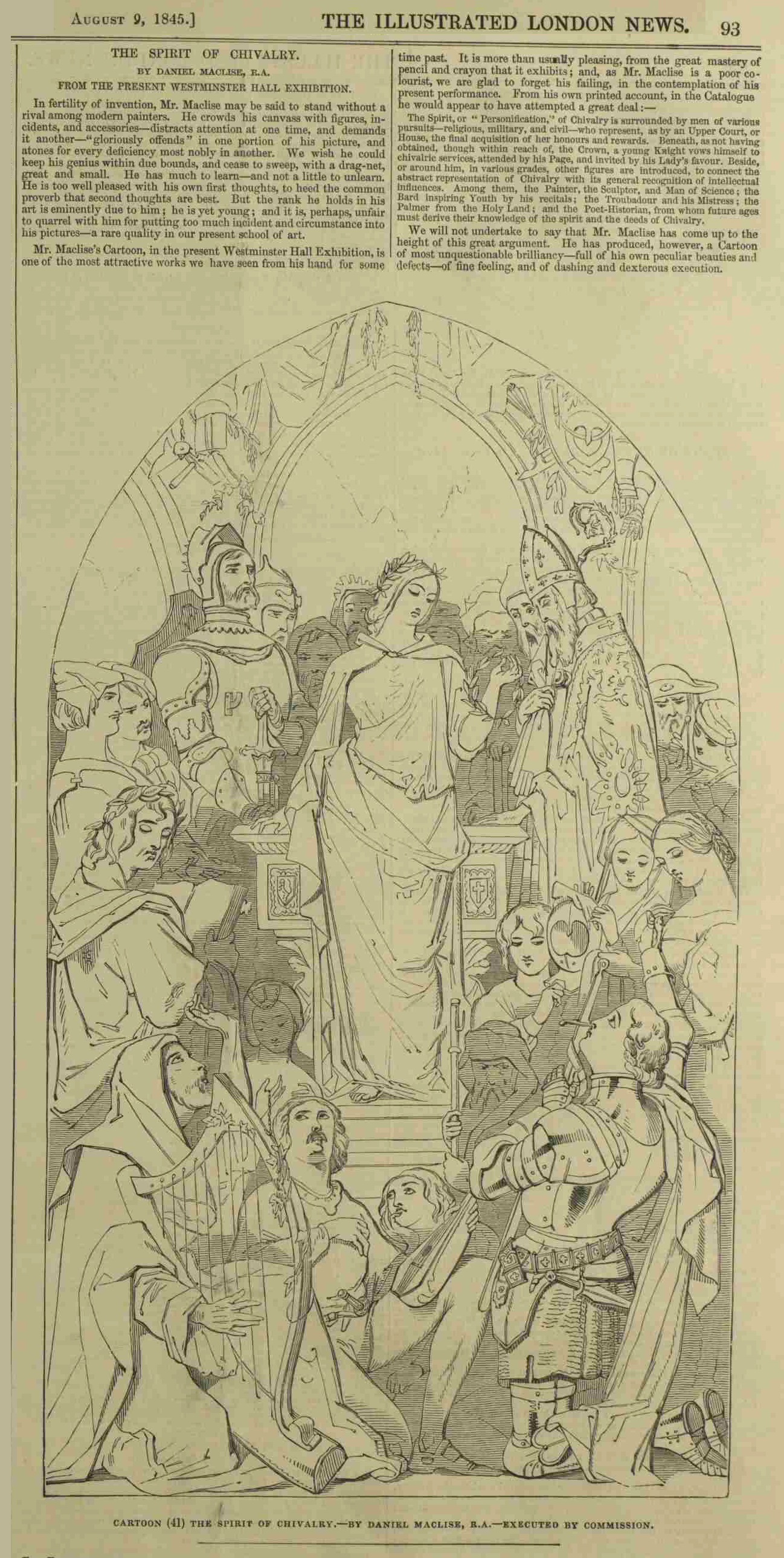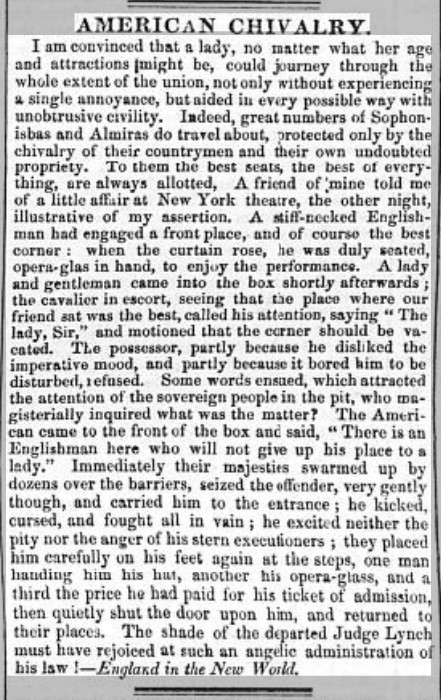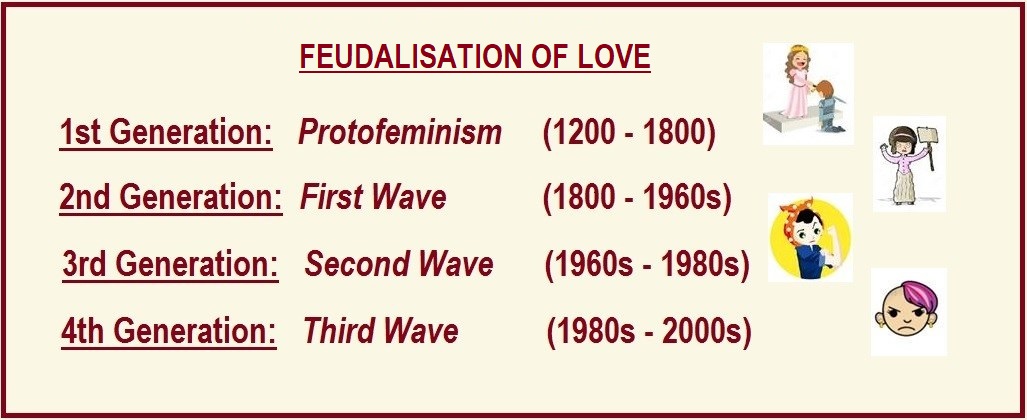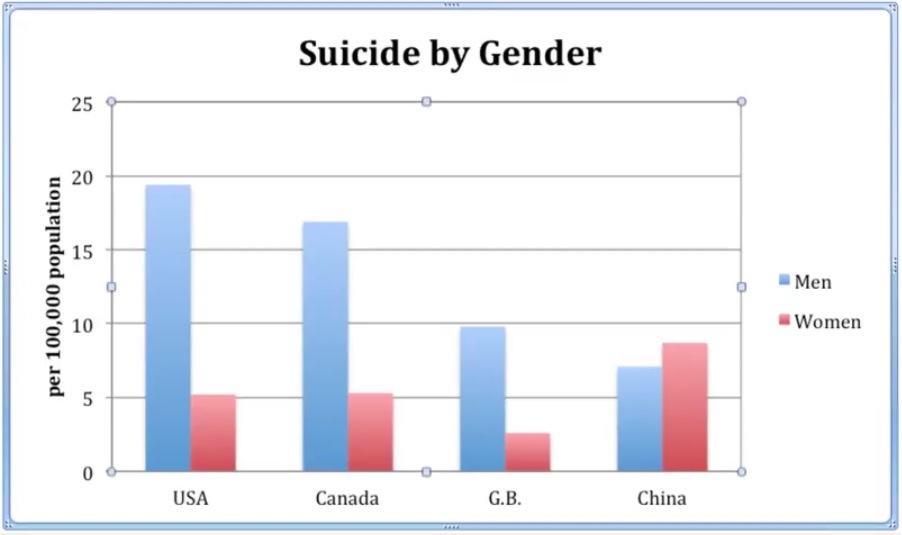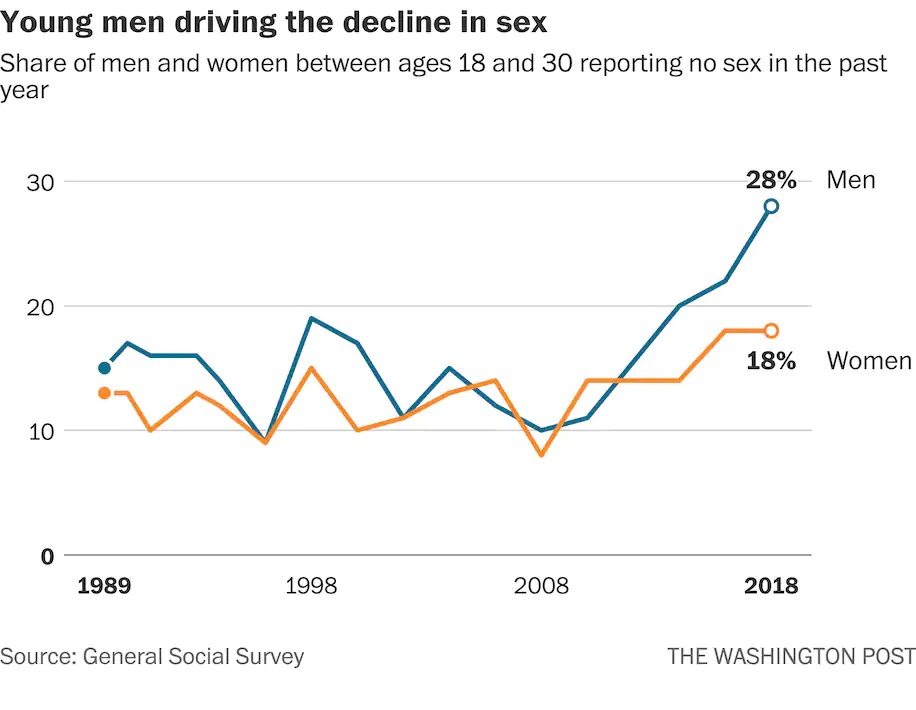By Vernon Meigs
In light of the trend of transgender mania and woke and politically correct culture, those on the conservative traditionalist side are keen on throwing around terms like “gender cult.” This gender cult they speak of is that of gender subjectivism, denial of organic attributes of sex, and divorcing the metaphysical and behavioral aspects of sex from the biological real-world component – what progressives would like to call sex assigned at birth.
It’s not that they’re necessarily wrong here, calling this a gender cult. It is; albeit a specialized reactionary one that professes to rebel against gender norms. Ironically enough transgender identity relies on stereotyped ideas about gender to then say they are defying it.
What I want to address is the idiocy of those who claim to be fighting this gender cult, namely the hypocrisy of calling it a gender cult when they as neotraditionalists are likely to indulge and take for granted a gender cult of their own, one which is more massive and has a bigger, more longstanding history than even feminism itself.
Gynocentrism and gyneolatry contain qualities in every way attributable to an actual gender cult. The fact that it actually gave way to feminism, which in turn gave way to political transgender ideology, is evident but conveniently ignored too often by these conservatives. They don’t want to address it because, as practitioners of the gynocentric gender cult, they either are dependent on it to keep the approval of the women in their immediate lives as well as from the public, or suffer from a serious normalized case of Stockholm Syndrome.
Anyway, to the heart of the subject of this article: The gender cult that the traditional conservative promotes and refuses to denounce.
Men are expected to die in wars while the royal class of women are subject to protection by these men. That is a gender cult.
Men are expected, from the point of courtship til well after the divorce, to financially and in effect materially provide for womankind. That is a gender cult.
Men are expected at one day old to have a crucial component of their genitalia ripped off, despite the risk of infection, physical complications that follow, and death, as well as guaranteed psychological trauma manifesting itself at varying degrees later in life — apparently for the sake of anywhere from Sandra Bullock’s, Oprah’s, and Kate Beckinsale’s facial creams to the depraved whims of women sexually attracted to broken manhood. That is a gender cult. Circumcision of baby boys is a gender cult.
Women are regarded as equivalent of nature, designated as the big choosers, and the men as vassals that must commit degrading acts of altruism to earn their attention, this despite the fact that men and women are both choosers and members of nature together. This one-sided attitude is a gender cult.
Families, in particular in North America, favor supporting daughters after adulthood, whereas men are generally kicked out of the house when they reach the age of 18, expected to fend for themselves because “a man should take care of himself” else he gets shamed as a dweller in his parents’ basement with no life. Women categorically reject men at the slightest hint of them receiving assistance in any such way in the dating market, for instance. I call that a gender cult.
To engage in romance a man must first place himself in a position of self-degradation of bending his knee in front of a woman and present her with a hunk of rock, which may or may not be a blood diamond, that he has spent a ridiculous amount of his fortune on. That’s the first edge. What is either a curt rejection and no further regard by the woman for the trouble the man went through or, if she did accept, then the wedding will be even more of a fortune lost on the man’s part and it will be again when the divorce follows, which happens at this point too often to not consider it an event to expect, and practically schedule. Either way, royal woman looks down at vassal man. That is the image of the man going down on his knee and proposing. That is a gender cult.
Violence against men, especially by women, is subject to laughter. The very act of entertaining the idea of violence against women, especially by men, is grounds for ostracism at best, violent retribution at worst. Self-defense is not tolerated even if the man is faced with a rabid crazed blade wielding unhinged psycho woman on a rampage. That is a gender cult.
Happy wife, happy life. If Momma ain’t happy, ain’t nobody happy. Placing women on status of maniacal ruler whose whims must be satisfied else the man’s existence is not justified. That is a gender cult.
To the traditional conservatives out there, and anyone who professes to ally with feminists and other misandrists just so they could own the trans gender cult — this discussion is for you. The gender cult which you profess to wage war on is but a fad compared to the grander gender cult that is gynocentrism that you take for granted and bask in.
I’ll close with something that I want you to get through to your head. Gynocentrism is a gender cult. It is the biggest such cult. Gyneolatry is woman-worshipping in this gender cult. Biogynocentrism is the means of rationalizing it with the alleged argument from biology and evolution in this gender cult. Male disposal is the end goal of this gender cult. Gynocentrism is a gender cult.
